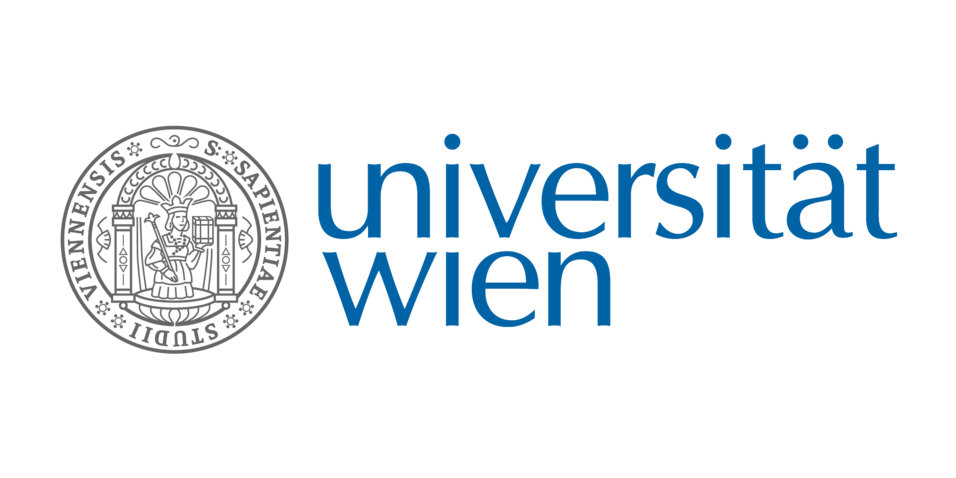The Cluster of Excellence Circular Bioengineering is revolutionizing how we think about sustainable production. By combining bioengineering, materials science, and chemistry, the cluster aims to establish innovative, closed-loop material cycles for zero-waste production and maximal resource efficiency.
At the heart of the cluster, three interconnected research pillars drive innovation:
- Sustainable Natural Resource Utilization
- Microbial and Enzymatic Conversion
- Process Circularity
#1 A PhD position is available in the group of Prof. Köllensperger, at the Institute of Analytical Chemistry starting May 2025. The group pioneers metabolomics research, developing innovative analytical workflows with liquid chromatography and mass spectrometry to investigate small-molecule metabolites with exceptional precision. The candidate's project will focus on analytical metabolomics for (sub)cellular analysis. The method-oriented research plan supports cutting-edge biotechnology on synthetic organelles and new-to-nature pathway design to maximize nutrient and energy efficiency. Information about the group can be found at https://koellenspergerlab.univie.ac.at
Your tasks:
- Development of rapid, high-purity organelle isolation approaches
- Exploring small-scale mass spectrometry-based metabolomics
- Data evaluation in mass spectrometry-based metabolomics/lipidomic
Your profile:
- Master's degree in Chemistry, preferably with a strong focus on Analytical and Computational Chemistry
- Experience in the area of bioanalytical chemistry, statistical analysis of big data
#2 A PhD position is available in the group of Prof. Zanghellini at the Institute of Analytical Chemistry starting May 2025. The group employs mathematical modeling, artificial intelligence, and high-performance computing to study metabolic networks and optimize microbes for biotechnological applications.
The candidate's project aims to predict the optimal compartmentalization of a production pathway to improve metabolic performance. By allocating specific reactions to distinct cellular compartments, we seek to optimize thermodynamic properties, enhance reaction efficiency, and minimize energy losses. The approach leverages compartmentalization to isolate engineered pathways, concentrate substrates and enzymes, and protect the cell from toxic intermediates. Information about the group can be found at: https://chemnet.univie.ac.at/
Your tasks:
- Develop computational tools for designing optimal synthetic communities and modularized production units within microbes.
- Create software solutions and data processing pipelines for computational modeling, including data analysis and preparation of results for publication.
Your profile:
- A completed Master's degree in Data Science, Physics, Chemistry, Computational Biology, Bioinformatics, or a related field.
- Strong programming skills in Python, R, or similar languages.
- Experience with applying AI (ideally) to metabolic modeling is desired
- Research expertise and proactive approach
- A collaborative mindset and effective teamwork skills
- Strong organizational skills with attention to precision and diligence

